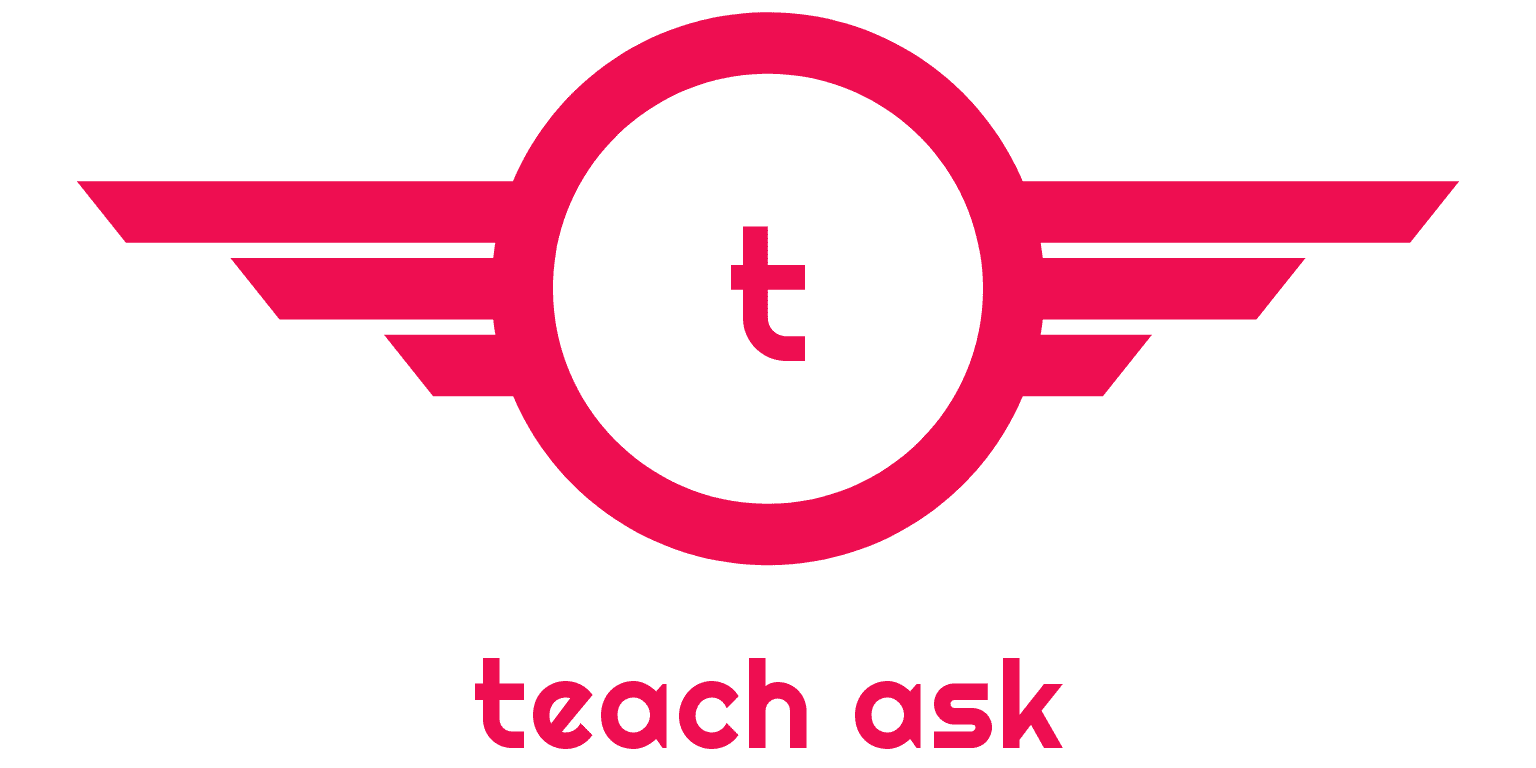FUTURE TENSE
THERE ARE 4 TYPES OF FUTURE TENSE
1. FUTURE INDEFINITE TENSE
2. FUTURE CONTINOUS TENSE
3. FUTURE PERFECT TENSE
4. FUTURE PERFECT CONTINIOUS TENSE
FUTURE INDEFINITE TENSE
Future Indefinite Tense, Definition and 7 Example
Sentences Future indefinite tense is used to express an action that has not
taken place yet and will take place in the future.
In Future Indefinite Tense, we use Shall/Will with all the Nouns and
Pronouns and the first form of the verb. Shall is used with I and We Will is
used with You, They, He, She, It and the nouns. However, Will can also be used
with I and We to express certainty.
GENERAL FORM
[subject + shall/will + verb +......]
NEGATIVE RULE
[subject + shall/will + not +verb
+......]
INTERROGATIVE RULE
[shall/will +subject + verb......]
INTERROGATIVE NEGATIVE RULE
[shall/will +subject + not + verb......]
SENTENCES OF FUTURE INDEFINITE
TENSE
·
I shall eat pizza.
·
We shall eat snow.
·
He will make an aeroplane.
·
She will fall in love with a prince.
·
It will make a sense.
·
You will consider his request someday.
·
They will make up for the destruction.
·
Dani will butcher the buffalo.
·
Cars will operate on electricity in future.
·
I will do this work.
FUTURE CONTINIOUS TENSE
The future continuous tense, sometimes also
referred to as the future progressive tense, is a verb tense that indicates
that something will occur in the future and continue for an expected length of
time. It is formed using the construction will + be + the present participle
(the root verb + -ing).
NOTE: that continuous
tenses are also called progressive tenses. So the Future Continuous tense is
sometimes called the Future Progressive tense.
FORMING THE FUTURE CONTINUOUS
The future continuous is made up of two elements:
the simple future of the verb "to be" + the present participle
(base+ing)
GENERAL FORM
[ sub +will + be + the present participle (the root verb + -ing)]
NEGATIVE RULE
[ sub+ will + sub+ be + the present participle (the root verb + -ing).
INTERROGATIVE RULE
[will + be + subject +the present
participle (the root verb + -ing)]
INTERROGATIVE NEGATIVE RULE
[will + be + subject + not +the
present participle (the root verb + -ing)]
SENTENCES OF FUTURE CONTINUOUS TENSE
· I will be playing
tennis at 10am tomorrow.
· They won't be
watching TV at 9pm tonight.
· What will you be
doing at 10pm tonight?
· What will you be
doing when I arrive?
· She will not be
sleeping when you telephone her.
· We'll be having
dinner when the film starts.
·
Take your umbrella. It will be raining when you
return.
FUTURE PERFECT TENSE
The future perfect is a verb tense used for
actions that will be completed before some other point in the future. The
parade will have ended by the time Chester gets ..
GENERAL FORM
[ sub + will + have + verb (ending
in -ed)]
NEGATIVE RULE
[ sub +will + not + have + verb
(ending in -ed).
INTERROGATIVE RULE
[will + have + sub + verb (ending in -ed)]
INTERROGATIVE NEGATIVE RULE
[will + have + sub + not + verb (ending in -ed)]
SENTENCES OF FUTURE PERFECT TENSE
·
I will have finished this book
·
You will have studied the English tenses
·
She will have cooked dinner
·
He will have arrived
·
We will have met Julie
·
It will have stopped raining
·
They will have left Japan
FUTURE PERFECT CONTINUOUS TENSE
The future perfect continuous, also sometimes
called the future perfect progressive, is a verb tense that describes actions
that will continue up until a point in the future. The future perfect
continuous consists of will + have + been + the verb's present participle (verb
root + -ing).
GENERAL FORM
[subject + will + have + been + the verb's present participle (verb root +
-ing)]
NEGATIVE RULE
[subject + will + not + have + been + the verb's present participle (verb
root + -ing)]
INTERROGATIVE RULE
[ will + sub + have + been + the verb's present participle (verb root +
-ing)]
INTERROGATIVE NEGATIVE RULE
[ will + sub +not +have + been + the verb's present participle (verb root +
-ing)]
SENTENCES OF FUTURE PERFECT CONTINUOUS TENSE
·
I will have been waiting here for three hours by
six o'clock.
·
By 2001 I will have been living in London for
sixteen years.
·
When I finish this course, I will have been
learning English for twenty years.
·
Next year I will have been working here for four
years.
·
When I come at 6:00, will you have been
practicing long
यदि आप पिछले या फिर Next --- Daily use English Sentence बाले पोस्ट को पढना चाहते हैं, तो नीचे दिए गए link पर click करके पढें ।
यदि आप पिछले या फिर Next --- Daily use English Sentence बाले पोस्ट को पढना चाहते हैं, तो नीचे दिए गए link पर click करके पढें ।
simple-present-indefinite-tense-hindi
Related Posts
- Computer Networks Questions & Answers – Access Networks
- Computer Networks Questions & Answers – Packet Switching & Circuit Switching
- Multiple Choice Questions of Computer Networking
- भूगोल One Liner क्विज़' ⭕️ ▪️ ●क्षेत्रफल की दृष्टि से भारत का विश्व में कौन-सा स्थान है— सातवाँ
- राष्ट्रीय पहचान के प्रतीक प्रतीक व चिन्ह का नाम
- भारत के मुख्य न्यायाधीशों की सूची❇️
यदि आप पिछले या फिर Next बताए गए Chapter वाले पोस्ट को पढना चाहते हैं तो नीचे link दिए गए हैं । उसपर click करके पढ सकते हैं ।











![How to Use of Has/Have [Basic points Rules Structures Examples]](https://blogger.googleusercontent.com/img/b/R29vZ2xl/AVvXsEhFSWAQkVMciY5IncRVU8ma_BY7G9IKy1LtzgBouDX_zHPxZ3D85UUXcizg9w-0Xhe13T2TbkJAPP1j4JMfeF-vTn1EHo_HvQp2UmlyUkGduqNjvCWIQwOTl0u4AN5SHMBol-18xO-7mYA/w72-h72-p-k-no-nu/Slide8.PNG)









0 Comments